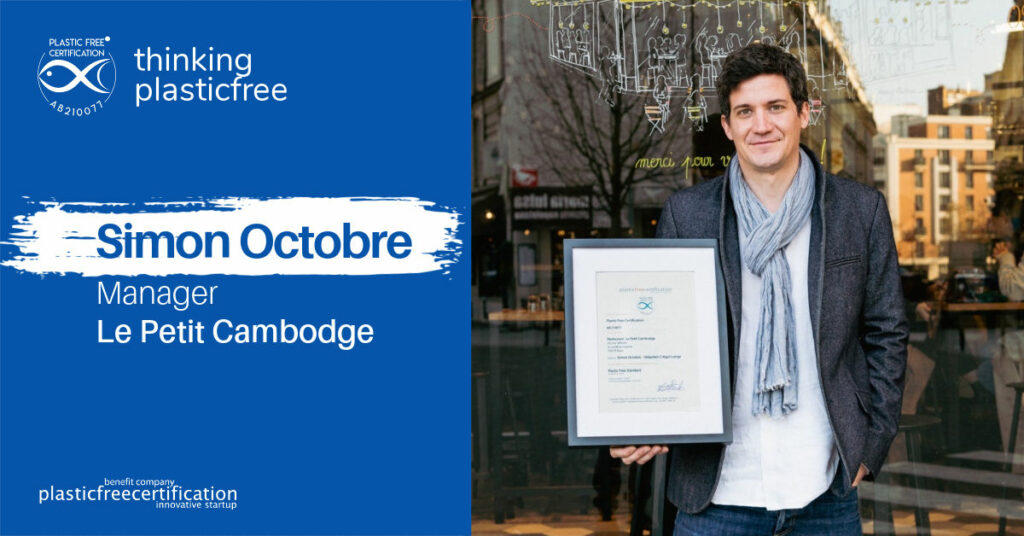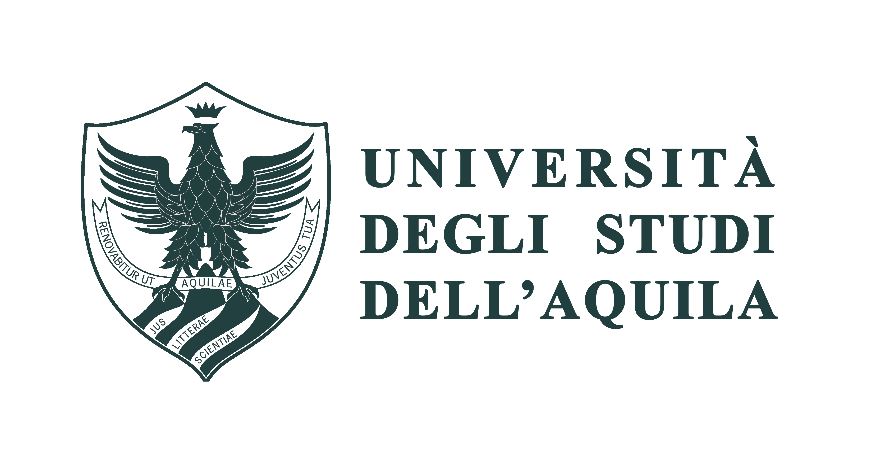Who are you? What do you do?
I'm Simon Octobre, I have been running Le Petit Cambodge for 10 years now, then I also founded a "gastro" six years ago with my partners. The gastro was sold two years ago, which allows me today to focus on this project, on its development and things we are trying to achieve.

Three words about me: “entrepreneur”, I think it is a word one must use when doing the things I have said.”Committed” and “determined”, two words connected to this daily dedication to the company.
Indicate a phrase that represents you.
That is not a quote of mine, but of a long-time customer of the restaurant with whom I always talked about many things. She had an opinion on everything, and it was very interesting because it was stimulating. An elderly architect with a sign hanging in her office: "Doing good is normal, it’s a duty". For a long time I’ve been asking her why, how could that have an impact on people's commitment, and in the end I asked her to find the same sign to hang in my restaurant as well. Today we try to apply that motto to everything we do and this prompts us to grow and reduce plastics. That is an important motto for us today.
When did you decide to choose PFC?
Plastic reduction is an issue we have been trying to solve for a long time: we used to work a lot in the take-away sector. For the Asian restaurant we were using plastic trays like everyone else. We began to realize the insanity of it all and we started changing, materializing things. Then we heard about Plastic Free Certification and Mauro Colagreco, whose restaurant was the first certified restaurant. So we thought we might as well join this certification, because the more we are, the closer the goal will be. We hope that this will cause a ripple effect, which will convince other people to finally join this movement of transformation of our modus operandi.
What problem did you want to solve?
It is a rather common problem, but the initial question when it all began was about possible ways to face this challenge, with the lowest environmental impact. That is to say, what sustainable growth looked like for us.
What benefits did you want to get?
We chose the certification process to have validation from our peers, from a third auditor. A proof of the quality we put into practice, of the actions carried out. We also must take into account other people’s ideas, finally they will allow us to move forward, to talk about the reality of this certification, the change of plastics, its elimination. Those are things we have actually put into practice. Now, Plastic Free has pushed us to put into practice some upstream procedures, with our suppliers, and in particular the training towards our employees.
What difficulties have you encountered / are you experiencing?
The biggest difficulty today is finding alternatives, solutions in terms of products. For example, in the case of plastic film, we are talking about a financial difficulty, because we need to invest in a material that allows us to get rid of plastic film. As far as our take-away business is concerned, it is a question of finding alternative packaging that is available in sufficient volumes and at all times, because from this point of view plastic is an "easy" material, I would say "fantastic".
So for me, that is the biggest difficulty, finding an alternative to products we are used to. The second biggest difficulty is to pass this message of change to our employees, to be able to involve them in this process, explaining that it is a project of the company, but it also has an impact on them. They are an active part of this company and changing their habits is important, also in their daily life, once at home.
Who would you recommend this certification to?
I would recommend this certification to every person, company, business executive or business development manager who is aware that business has an impact on the environment and who wants to change things. To those who think about the future development of their business, combining growth and environmental responsibility.
Tell us about a place you love and would like to defend
It is a bit of a cliché but I think the ocean is a big issue today. Like many children of my generation, I began to discover the underwater world, or at least the oceans, watching The Silent World (Le Monde du Silence) by Jacques Cousteau, which was a first contact, the first open window on a world that has been hidden from us until today. This allowed us to discover a wonderful environment and space, along with its risks, since it is a hidden space, away from sight. We don't realize what we dump into the seas, we don't realize the impact we have on this ecosystem. I think that this responsible development process brings out this easy use of plastic and many other disposable items. Today we don't realize that everything ends up in the sea, that rivers end up in the sea, that everything flows into the sea, because the sea is a hidden space, so today it is very important to insist on this responsible development process.
When did you first fall in love?
I think - and it is a large part of my business today - about the first time in Cambodia, my first trip there, this mentality, this way of seizing time, respecting the environment. Things that unfortunately have disappeared here and who are disappearing there too. Despite everything, this culture and tradition pushes people to live in harmony with the environment.
Finally, to help us improve the certification: if you had a magic wand, what would you change about the solution proposed by PFC?
I think that it is not the solution proposed by PFC that needs to be changed, but if I had a magic wand I would like to have the possibility of forcing people, companies and organizations to join this certification; whether it is, for example, through the introduction of bonuses and malus, which is also a way to encourage people to be a part of it ... we could talk about imposing it or not, in any case I would encourage people to become part of the mechanism of this certification, but above all to foster people to behave responsibly towards the environment. We have been repeating for several years that we have a business project but also a social project aimed at the people and people who work with us, but tomorrow it will be important to develop also in terms of our environment, and this is an increasingly important issue today.


P.IVA/Cod. Fis. 02059040671
Privacy Policy